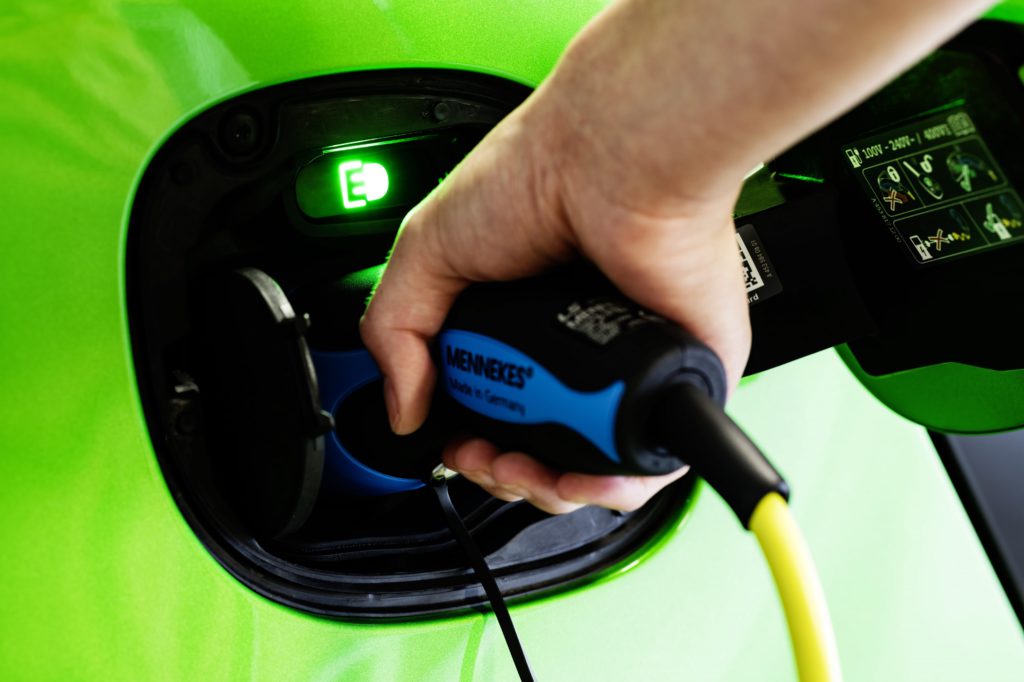Alternative transport blocked by UK legislation
21 August 2018

21 August 2018
The UK is leaning ever closer towards alternative transport options, but legislation is blocking potential innovations within the capital.
One such business is Bird, a US e-scooter startup. The company cannot viably implement a pilot programme as its scooters are classed as motor vehicles – or ′powered transporters’ – and are therefore subject to taxation and require users to have a valid driving license and insurance.
′What I cannot understand is why London cannot take [the] lead on this with Bird’ said Richard Corbett, Bird’s new UK manager.
This is in opposition to the UK Government’s previous position, in which it aimed to replace vans in UK cities with electric cargo bikes, vans, quadricycles and micro vehicles to transform last-mile deliveries.
Transport Minister Jesse Norman previously commented: ′We are on the cusp of an exciting and profound change in how people, goods and services move around the country which is set to be driven by extraordinary innovation.’
Vital infrastructure changes incoming
This news comes as Siemens unveils plans to deliver 1,150 charge points to be delivered by the end of 2020 in a £3.7 million (€4.1 million) scheme.
The German company has partnered with electric mobility organisation Ubitricity to convert lampposts into charging stations. It takes under an hour to convert a street lamp – a fraction of the time to install a separate charging station.
Chris Beadsworth, director, Siemens Energy Management, said: ′Our mission is to help improve the quality of everyday life for millions of people around the globe. Improving air quality through decarbonisation of transport is a vital element of this, but to make it a reality, we need to have enough charging points in the right places and available at the right time.’
Ubitricity retrofitted the first London lamppost with charge points in 2016 and now has around 300 charging points across London. The capital has 3,980 public charge points and around 13,000 electric vehicles.
As the powers that be are clearly favouring more modern eco-friendly modes of transport, does it not stand to reason that the Bird e-scooters should be given some leeway too?